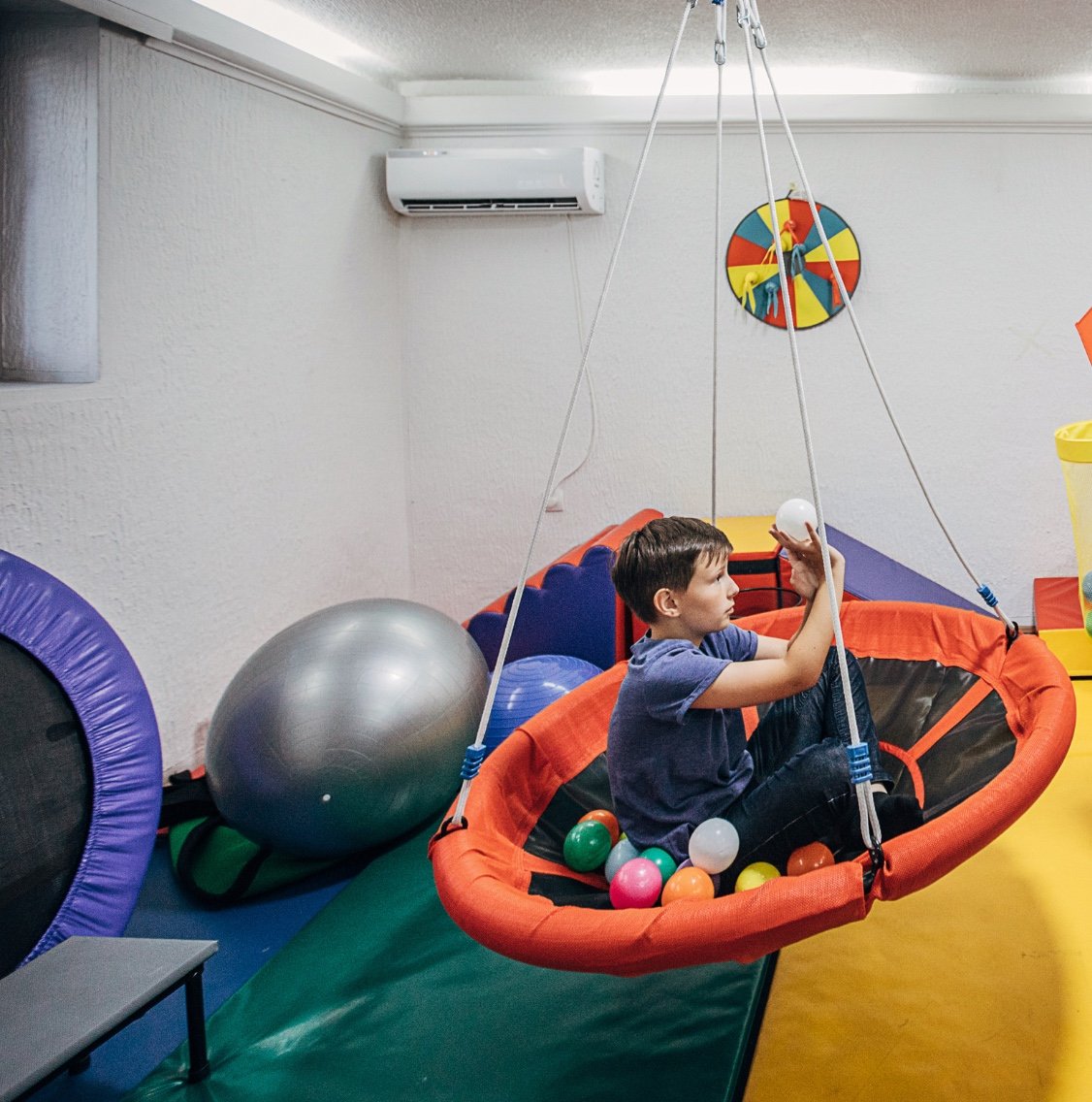
Understanding School Refusal: A Neurodiversity-Affirming Approach
School refusal is often more than reluctance—it can be a sign that a child’s needs aren’t being met in their learning environment. Rather than focusing solely on attendance, it’s important to understand the underlying sensory, emotional, or social factors contributing to a child’s distress. In this article, we explore how paediatric occupational therapists work collaboratively with families and schools to identify these needs and implement tailored supports. By creating safer, more responsive environments, children can gradually build the confidence and regulation skills needed to re-engage with learning and daily school routines.

Understanding Interoception: The "Hidden Sense" That Impacts Everyday Life
Interoception, often called the "hidden sense," helps us recognise internal body signals like hunger, thirst, and emotions, playing a crucial role in self-regulation. Children with autism, ADHD, or sensory processing challenges may experience interoceptive differences, leading to difficulty recognising or responding to their body’s needs. Some children may be hypersensitive to internal signals, feeling hunger or a racing heart as overwhelming, while others may be hyposensitive, missing cues for thirst, pain, or bathroom needs. By using targeted strategies such as interoceptive language, body mapping, and mindfulness, therapists and parents can help children strengthen their awareness and improve their ability to self-regulate.
